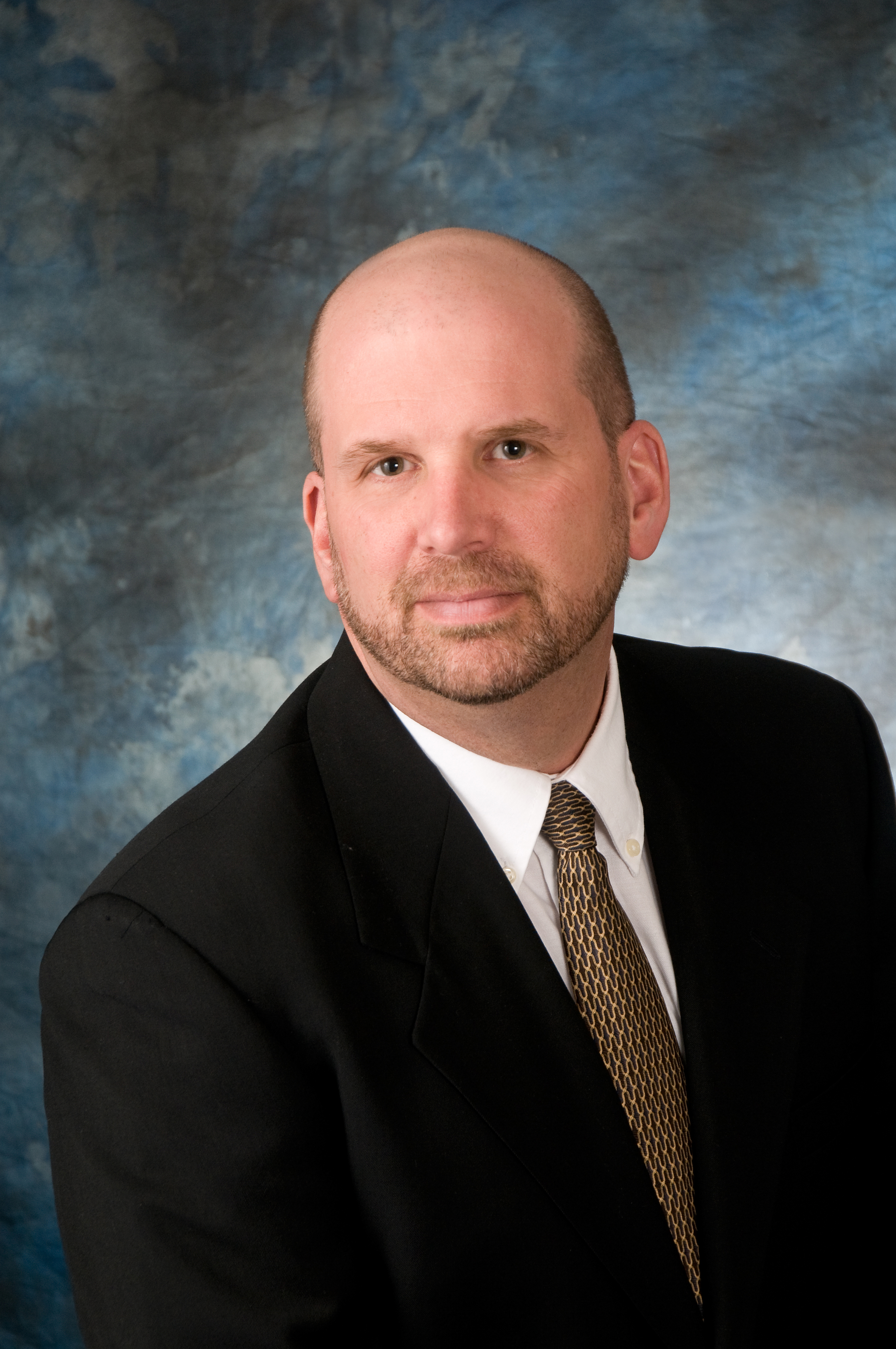AARP Hearing Center

With the conclusion of the 2016 Wyoming Legislative budget session, the AARP Wyoming government relations team closed out a good and effective budget session, but it was also a frustrating budget session.
First the good news. As mentioned in the cover story, House Bill 76 – “Designated Caregiver” was passed by the legislature unanimously and signed by Governor Mead. The Act has three main components.
A caregiver must be identified on hospital patient records; the hospital must make a reasonable effort to notify the caregiver of an approaching transition to home or another facility; and the hospital must provide instructions and training to a caregiver on minor medical duties that need to be provided to the patient upon discharge.
The bill was sponsored by Chairman Elaine Harvey & Senator Bill Landen, with full support from the Wyoming Hospital Association. The act is a practical and common sense approach that provides caregivers with more tools, so they can do the job they need to do at home. The act did not cost the State of Wyoming anything.
In fact, it will likely help reduce hospital readmissions and will have minimal fiscal impact on Wyoming’s hospitals.
House Bill 55 Nurse Licensure Compact and House Bill 56 Advance Practice Nurse Licensure Compact were both passed by the legislature and signed by the Governor. Both bills allow nurses who get a license in a compact state to perform professional duties in other compact states without having to pay, test and submit for additional licenses.
AARP feels that these bills will help give caregivers more support and access to needed health care providers, specifically, nurses.
AARP Wyoming successfully opposed Senate File 78 – “Office of Consumer Advocate-repeal Date.”
The bill would have changed the repeal date of the Office of Consumer Advocate (OCA) from 2023 to 2017. The OCA is the state’s utility watchdog that has a charge to watch out for utility consumers, including residential utility consumers.
Without the OCA, consumers would not have an independent voice before the Wyoming Public Service Commission on utility issues.
Legislators also added an additional $50,000 to the Wyoming Home Services Program decreasing the program wait list by about 30 people.
The program helps seniors stay in their own homes and communities by providing respite care, chore services, delivered meals, and other support.
The program is one of the most cost effective and impactful long-term care programs in Wyoming.
Now, for the not so good news: Wyoming’s state budget woes cut across nearly every state agency and many programs, including several senior programs.
The largest budget cut for seniors was to the Wyoming Tax Rebate to the Elderly and Disabled, a program that helps Wyoming’s low-income seniors better cope with the impact of property and sales taxes. The entire program funding was eliminated, which amounted to about $8 million.
Additionally, the state’s share of the Low-Income Energy Assistance Program (LIEAP) was eliminated completely ($2.1 million).
Among other impacts, this will effectively cut weatherization assistance to about 450 low-income Wyoming households, 40 percent of whom are seniors.
Some legislative leaders also tried to raid $1 million in funding for aging services in the Wyoming Department of Health, but AARP and other senior advocates helped stop these cuts to aging services for now.
As we look to the 2017 general Legislative session, we already know that we will need to protect funding for senior and aging services as future budget cuts seem inevitable.
We will also continue to advocate for Medicaid Expansion, which we feel, can only save the state money and will provide needed health care to thousands of hard working Wyoming residents.
And lastly, it is critical that we take the opportunity to say thank you to our volunteers and members who helped work on the above mentioned legislation and budget items during the 2016 session.































































